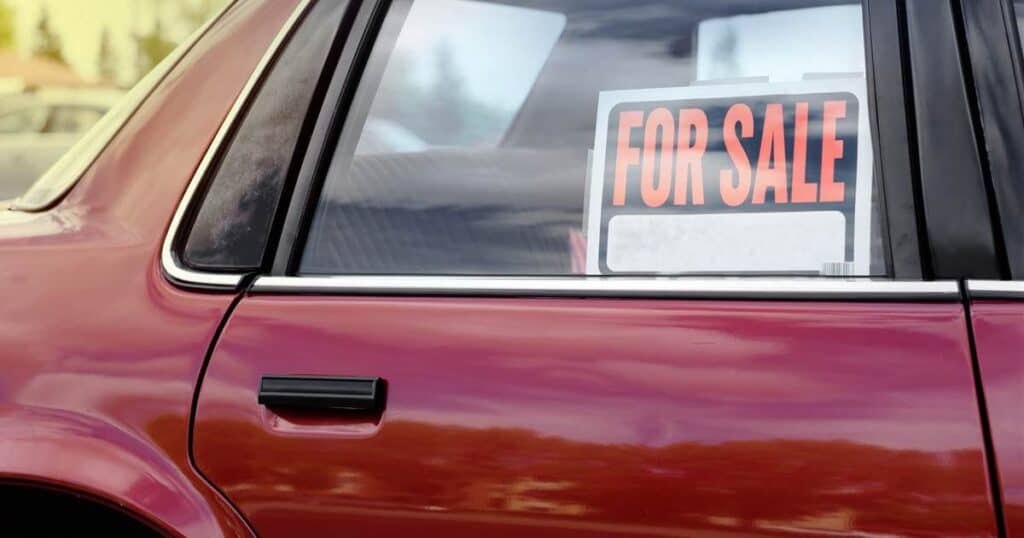Due diligence is important when buying a used car, or you risk cashing in on a lemon; a problematic second hand vehicle you don’t want to buy. Dealerships are expected to provide buyers with the reliable car history they need to make informed decisions, but this is not always assured. You will ultimately be responsible for how you handle the transaction. That’s why the least you should do before visiting a dealership is to know how to spot a potential a rip off. This way you are able to negotiate better and avoid paying far more than a car is worth. Here are a few signs a car is a potential lemon.

1. No Repair History
History of repairs and routine maintenance are basic details you should request when buying a used car. If the seller is cutting corners or unable to provide one when you ask, walk out of the deal.
2. Test drive problems
Test driving a used car is just as important as getting a detailed history report. If nothing, you want to be sure the car is free of any underlying mechanical problems. If you’re not car savvy, hire an experienced mechanic for the test drive. Strange sounds, smells or engine noise are telltale indicators of hidden problems that could mean a car is a potential rip-off.
3. Visible state of disrepair
Only a comprehensive pre-purchase inspection report will reveal hidden problems. However, if a car is in a visible state of disrepair with dents and roughened parts, chances are the previous owner also ignored more serious maintenance issues. Consider your options or look elsewhere to avoid buying a lemon.
4. Accident history
It is possible that a car was put up for sale following a recent accident. If the seller is only looking to cut back on their losses, you’re better off not buying the car.
5. Poor performance
People buy high-performance cars for their strong capacity, meaning that these cars would have undergone enormous stress and lost steel before they are put up for sale. So if performance is a crucial consideration for you, a new car is what you want instead.
